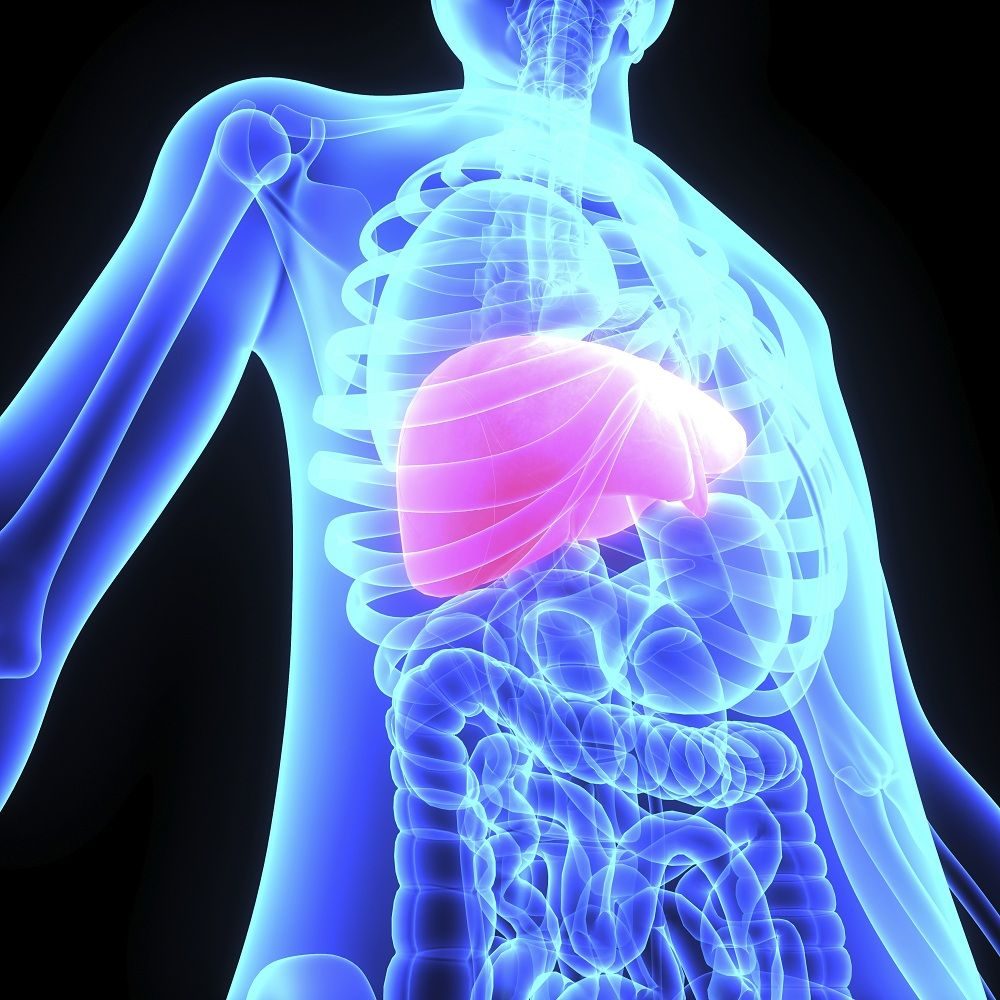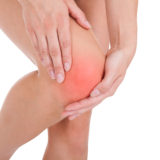

Every day, scientific studies are revealing how very interconnected the body’s systems really are. Many of those systems, however, can be adversely affected by inflammation.
Too Much of a Good Thing?
Inflammation is generally helpful. It’s part of your body’s innate immunity — meaning the immune mechanisms you’re born with instead of the specific immunities you acquire through exposure to harmful bacteria. One example of beneficial inflammation is swelling from an injury, which is part of the body’s natural healing process.
However, too much inflammation can cause more problems than it solves. Chronic inflammation can be brought on not only by injuries, but also by bacteria and viruses, fatty foods or even the way you deal with stress.
Chronic inflammation can make it more difficult for you to lose weight because it slows your metabolism while making you feel hungrier. It can also cause or exacerbate chronic conditions and diseases from hay fever to heart disease — plus diabetes, rheumatoid arthritis, atherosclerosis and even some cancers. Inflammation that affects the liver can be caused by toxins, alcohol and some medications, or by a viral infection such as hepatitis. Left untreated, inflammation can interfere with the liver’s essential functions and lead to serious health issues.
Fighting Chronic Inflammation
How do you treat inflammation? One of the top ways to beat it is through exercise. According to a study published in the Scandinavian Journal of Medicine & Science (cited in Prevention magazine), adults who exercise have 33% lower levels of C-reactive protein, an inflammatory marker, than more sedentary adults.
Other inflammation-reducing lifestyle changes you can try include eating more fruits and vegetables, reducing your sugar intake, meditating regularly, getting a better night’s sleep and taking a daily aspirin — a known anti-inflammatory. (Just check with your doctor before adding aspirin to your daily regimen.)
Certain vitamins can help reduce inflammation, including:
- Vitamin A, which you can get from whole milk, fortified foods and liver
- Vitamin B6, found in beef, turkey, fish, non-citrus fruits and starchy vegetables such as potatoes
- Vitamin C, found in citrus fruits and peppers
- Vitamin D, which you can get from eggs, fish, beef, liver and vitamin D-fortified milk, as well as other fortified foods
- Vitamin E, found in leafy greens, nuts and seeds
- Vitamin K, found in spinach, kale, asparagus and other green vegetables
In addition, spices such as ginger and turmeric have anti-inflammatory properties.
Anti-inflammatory Supplements
If many foods on the above list aren’t to your liking, you can still get the anti-inflammatory nutrients you need from high quality supplements. For example, a complete joint support supplement that includes turmeric can support a healthy inflammation response for those who suffer joint ailments. Look for a supplement that has both ingredients to fight inflammation and to rebuild the cartilage and synovial fluid that help cushion your joints and help them stay mobile.
To support healthy liver function, look for a supplement whose ingredients directly benefit liver and gall bladder health while also reducing inflammation throughout the body. Ingredients such as milk thistle, artichoke and turmeric provide antioxidants, and assist with both digestion and the removal of toxins from the body.
If you’re dealing with health problems due to inflammation, it’s time to do something about it! Try some of these lifestyle changes, add some anti-inflammatory foods and nutrients to your diet, and feel the difference.




